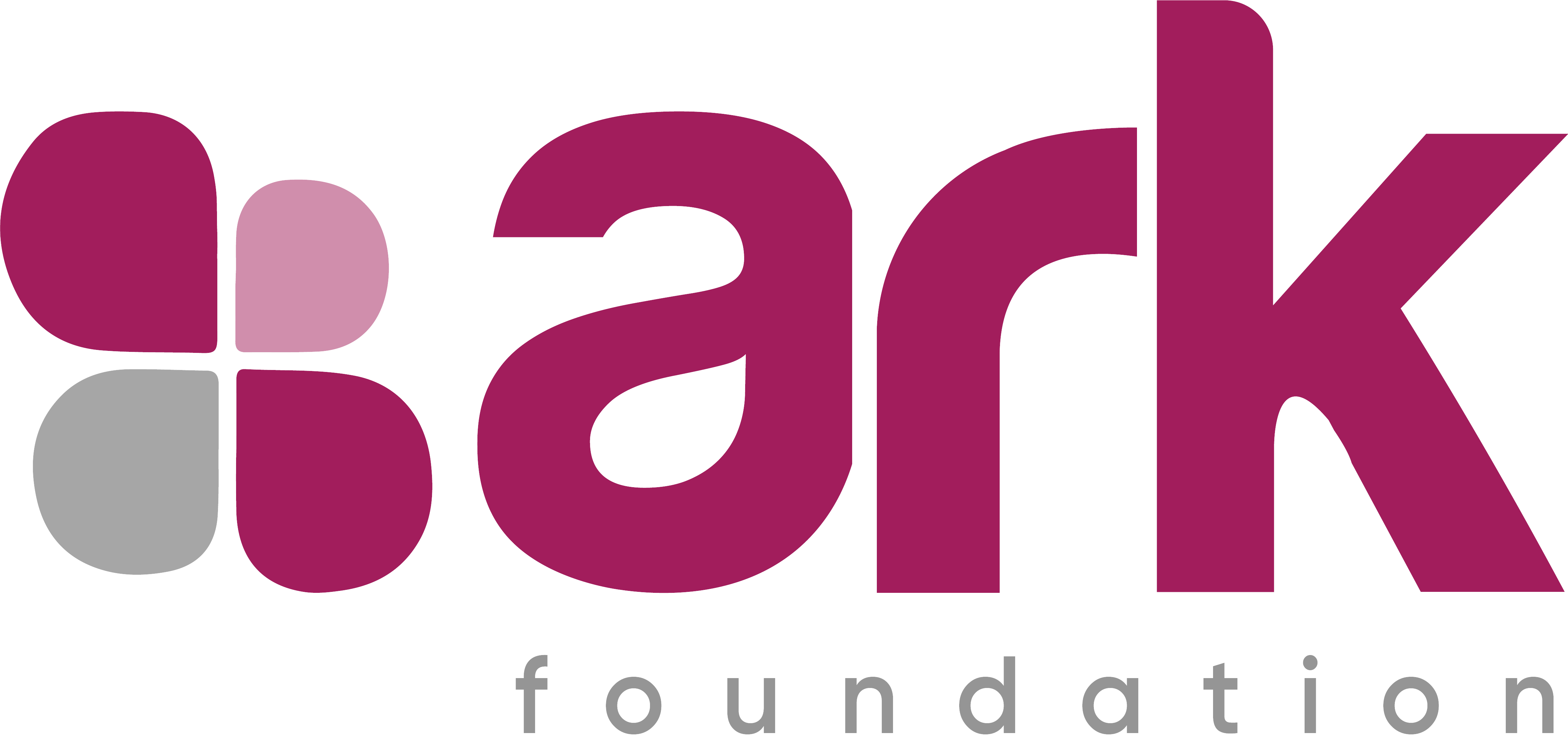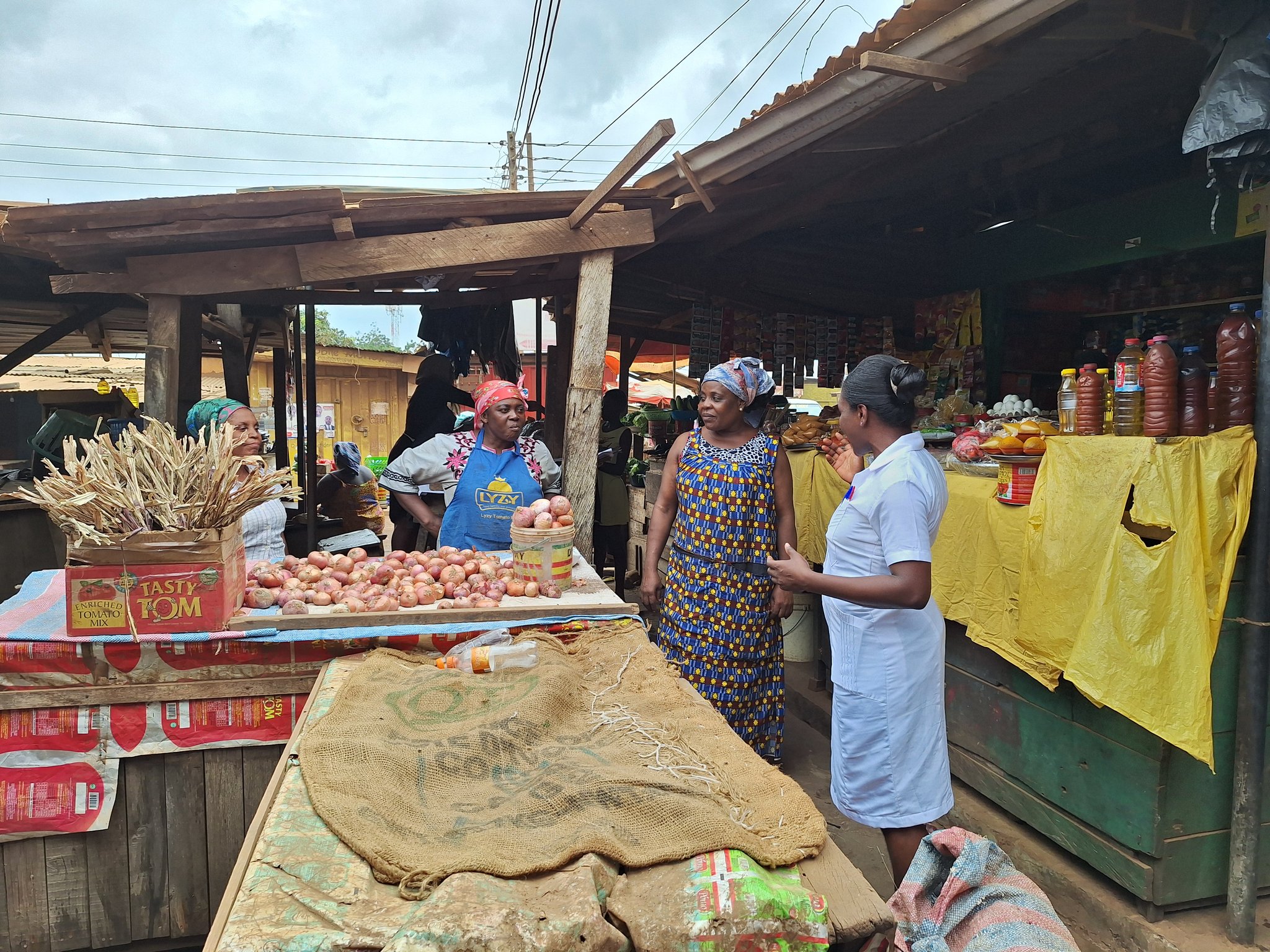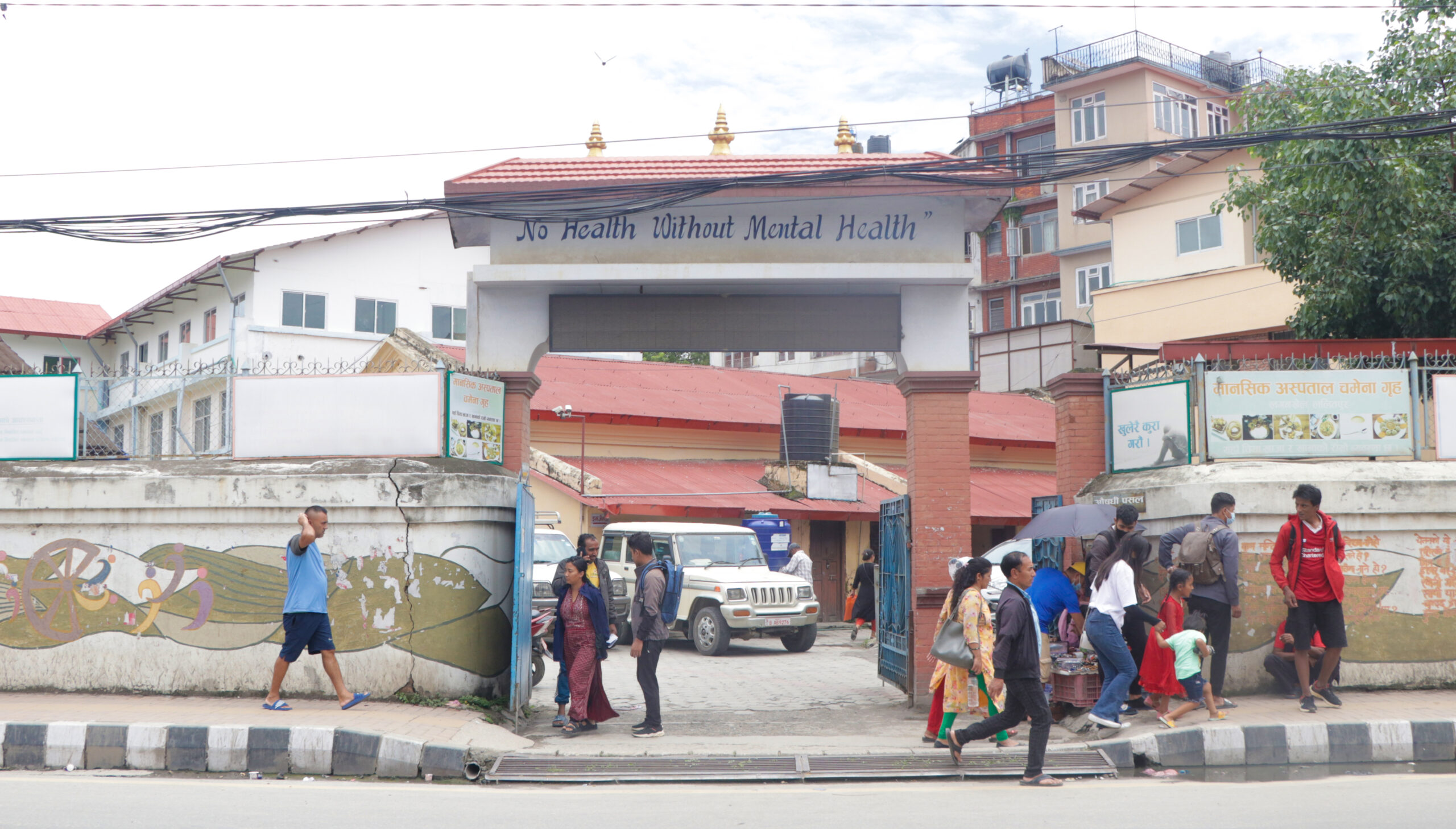
BANGLADESH
Drugsellers and AMR in Urban Bangladesh

BANGLADESH
Drugsellers and AMR in Urban Bangladesh
Exploring the Potential of Drug Sellers in Shaping the Approach to Antimicrobial Resistance (AMR) in Urban Health Settings Bangladesh
In Bangladesh, misuse and overuse of antibiotics contribute to the emergence and spread of AMR, leading to increased morbidity, mortality, and healthcare costs. Addressing AMR requires a comprehensive understanding of the healthcare system of Bangladesh where drug sellers play a crucial role for distribution and use of antibiotics, as they are often the first point of contact for individuals seeking medical advice and treatment. However, their knowledge, attitude and practices towards dispensing of antibiotics have not received adequate attention in the context of
AMR. Understanding the position of drug sellers within the Bangladeshi health system is essential for designing effective interventions to address AMR. While it is a legal requirement that drug sellers have at least a grade C pharmacy qualification, the majority do not have any training, and it is not usual practice to undertake any refresher training. We have selected Mirpur thana under DNCC for implementing the study.
This study aims to better understand the role of formal and informal drug sellers (DS) and animal feed sellers hold in the Bangladeshi urban health system, in order to improve their skills and knowledge to address AMR, and ultimately to support the development of a stronger and more resilient health system. 1) Mapping the formal and informal drug sellers (DS) that also include animal drug and feed sellers to understand their geographical location in Dhaka city and measure their knowledge, attitude and practice around the antibiotic dispensing and AMR 2) Work with DS to understand their position within the urban health system in Bangladesh including their challenges around antibiotic dispensing and AMR in order to identify opportunities to strengthen both their own practice and the wider urban health system. 3) To explore the AB dispensing pattern among the drug sellers after the new AB steps are introduced 4) To co-create a bespoke training program for DS to improve knowledge, attitudes, and in particular practice (KAP) regarding the dispensation of antibiotics.
Lead Researcher: Asiful Chowdhury (ARK Foundation)
Co-Researchers: Fatima Kashfi (ARK Foundation)
Mentors: Dr. Nichola Jones, University of Leeds,
Lead Institute: ARK Foundation, Bangladesh



























